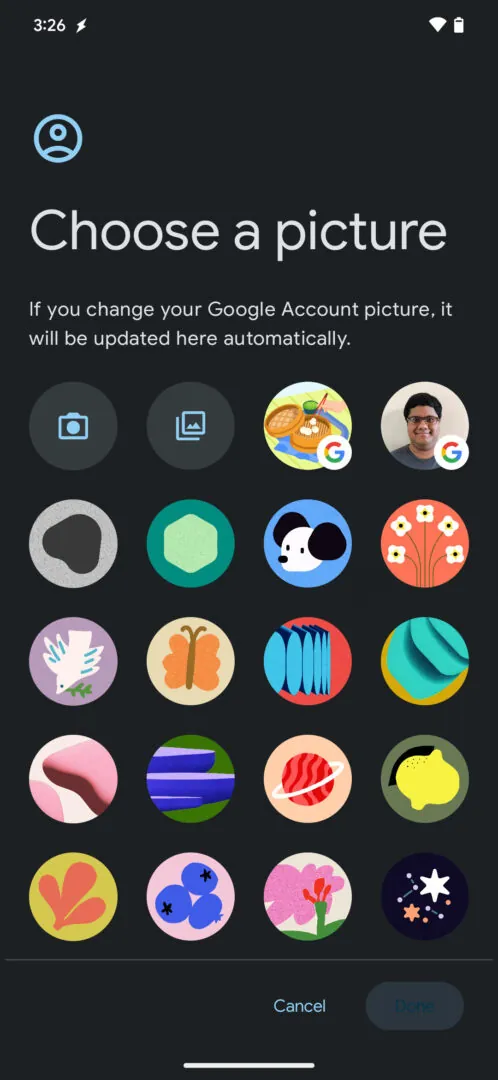Digital Note-Taking Tools: Digital note-taking apps like Evernote, Microsoft OneNote, or Google Keep allow you to organize your study material efficiently. These tools offer features like searchable notes, multimedia attachments, and synchronization across devices. You can quickly review your notes on any device, making study sessions more productive.
Educational Apps and Online Courses: Utilize educational apps and platforms like Khan Academy, Coursera, or Duolingo for interactive and structured learning. These resources often provide videos, quizzes, and exercises that enhance understanding and retention.
E-Books and Online Libraries: Digital libraries and e-books offer convenient access to a vast array of study materials. Platforms like Project Gutenberg, Google Books, or your local library’s digital collection provide resources at your fingertips, eliminating the need for physical storage and allowing for easy search and annotation.
Flashcard Apps: Apps like Anki or Quizlet enable you to create digital flashcards. These tools use spaced repetition algorithms to optimize review schedules, ensuring you focus on areas where you need the most practice.
Time Management Apps: Use time management tools like Toggl, RescueTime, or Pomodoro timers (like Focus Booster) to keep track of how much time you spend on different study topics. These apps help you maintain a balanced study schedule and prevent burnout.
Mind Mapping Software: Tools like MindMeister or XMind help in creating visual representations of your notes and ideas. Mind maps can simplify complex concepts and enhance your ability to recall information.
Collaboration Tools: Platforms like Google Docs, Slack, or Trello facilitate group projects and study groups. They allow for real-time collaboration, file sharing, and project management, making group study sessions more effective.
Study Playlists and Ambient Sounds: Listening to study playlists on Spotify or ambient noise apps like Noisli can enhance concentration. The right kind of background music or sound can reduce distractions and improve focus.
Educational Podcasts and Audiobooks: Incorporate educational podcasts or audiobooks into your study routine. They are great for auditory learners and can be a productive way to learn during commutes or while doing household chores.
Online Forums and Study Groups: Engage with online communities related to your field of study. Platforms like Reddit, Stack Exchange, or specific Facebook groups can provide additional perspectives, resources, and support. You can even all agree to take a break and visit the National Technology.
Digital Organization Tools: Use digital tools like Google Calendar or Microsoft Outlook to schedule study sessions, set reminders for assignments, and plan your academic calendar. A well-organized schedule is key to efficient studying.
Screen Time and Distraction Blockers: Apps like Freedom or Cold Turkey help block distracting websites and apps, allowing you to focus on studying. Managing screen time is crucial in the age of constant digital distractions. why not try this out?
Virtual Reality (VR) and Augmented Reality (AR) for Immersive Learning: For subjects that require practical understanding, VR and AR tools can provide an immersive learning experience. They simulate real-life scenarios and can be particularly useful for subjects like anatomy, history, or engineering.
Data Analysis and Visualization Tools: For subjects involving data, tools like Microsoft Excel, Google Sheets, or more advanced software like Tableau or SPSS can help in analyzing and visualizing data, making complex information easier to understand and interpret.
Regular Review and Assessment with Tech Tools: Regularly assess your understanding using online quizzes and tests. Many educational platforms provide assessments that help you identify areas of strength and weakness.






